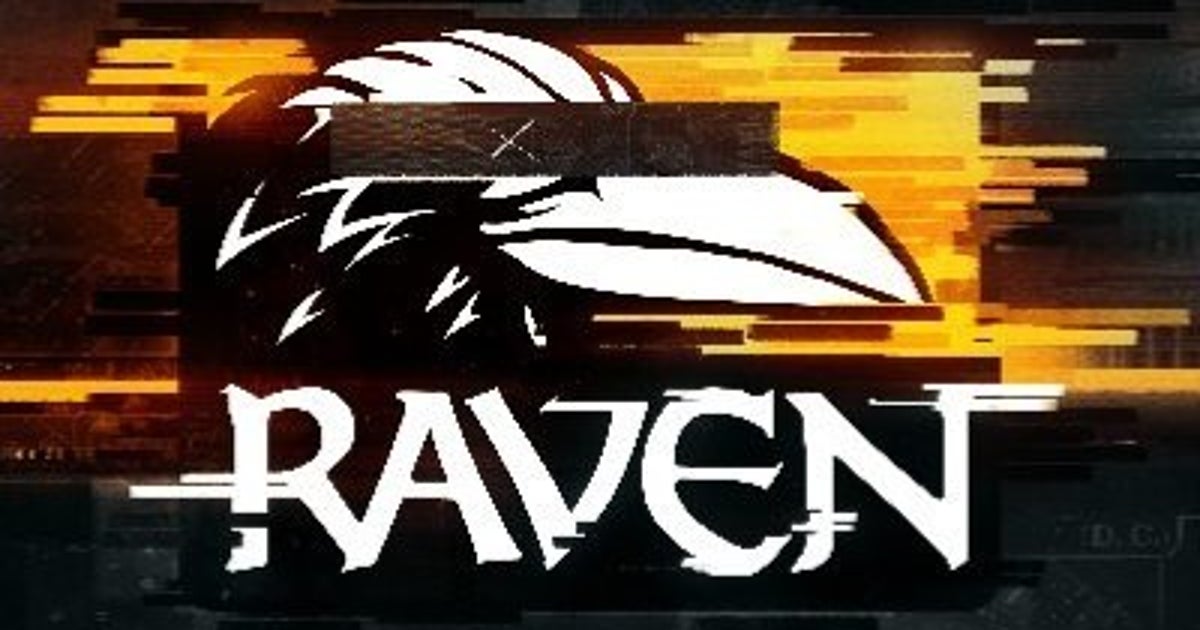

that’s cool of you to give it even that brief review! At the end of the day, we 100% agree - Wikipedia is best for surface-level research. But that is what I love it for! Because of Wikipedia, we can all be surface-level experts on almost any topic in minutes. One of the few treasures of living in the 21st century.
















Ironic that the devs of these patches seem to have more airtight security on their discord servers than major car manufacturers have on their $20k+ products.